Can Dog Treats Go Bad?
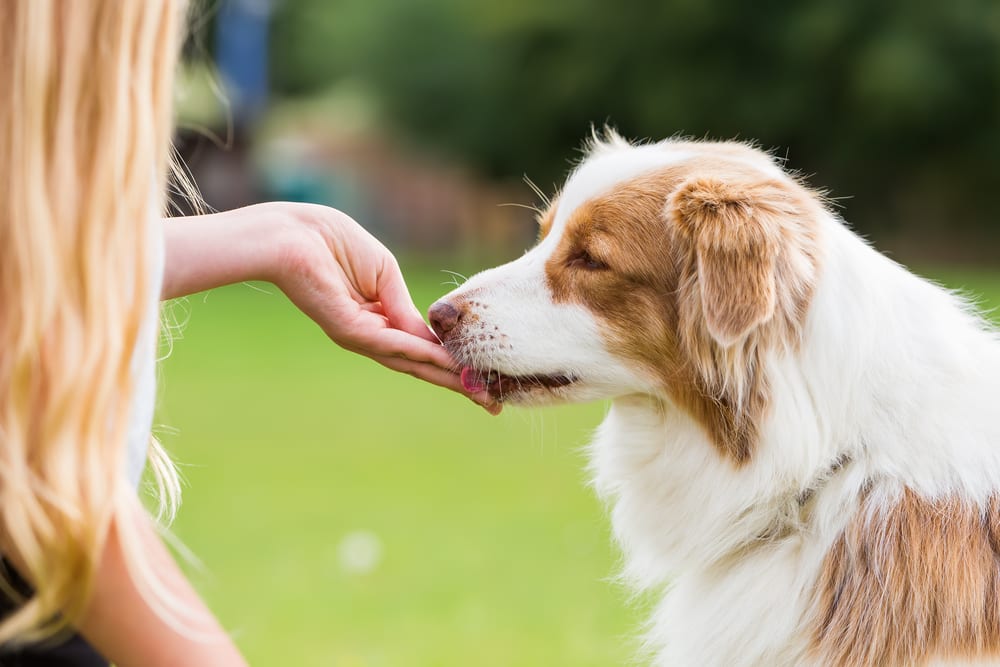
It’s a good idea to give your dog fresh treats anytime you wish to reward it for good behavior or for recognizing a cue you had trained it earlier. However, as with other dog foods, these special pet foods also go bad or expire.
Many brands use varied ways to make their treats last long. From the use of artificial preservatives to natural preservatives, they have lots of options to make the dog foods stay fresh for long.
There is, however, widespread concern about the use of artificial preservatives in pet treats. The substances used for making the preservatives, for example, ethoxyquin, have been linked to a host of canine kidney and liver cancer.
Many manufacturers are, therefore, moving away from artificial preservatives. Just to be safe, it would also be better if you also sourced your pets’ snacks from producers that don’t use the chemical preservatives to extend the shelf life of their products.
One reliable bakery in the US that you may need to check out is Tail Bangers. Most pet parents like dog foods from this bakery because they don’t use the harmful chemical preservatives, and the pet foods are all human-grade.
How to Preserve Your Pet Treats
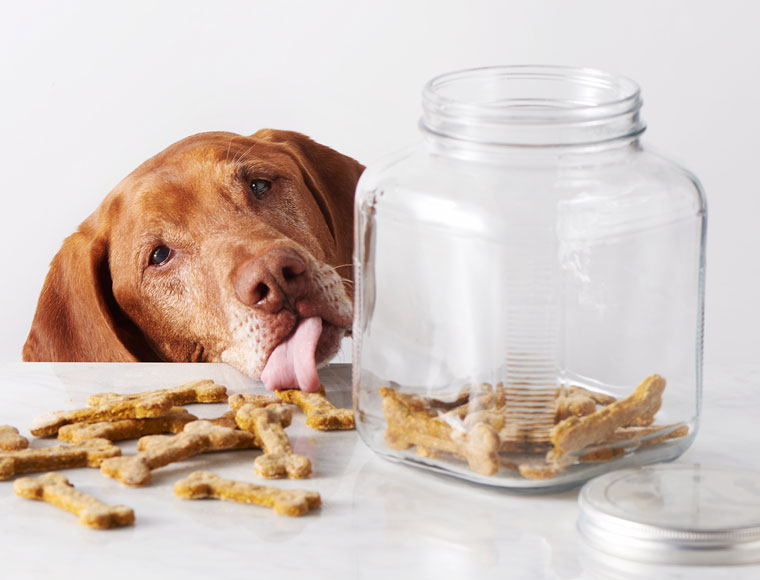
Now, if you’ve done your research and settled on an excellent brand to source pet snacks, you may need to look for smart ways to make these foods last longer. Usually, the manufacturers will indicate on the package the instructions you can follow, the best before or by dates, and finally, the expiry dates.
Note that irrespective of the method you’ll use to make the treats last long once they’re past the best before, best by, and expiry dates, they won’t be effective. Expired dog foods may even be poisonous.
What is the Difference between Best By and Expiry Date?
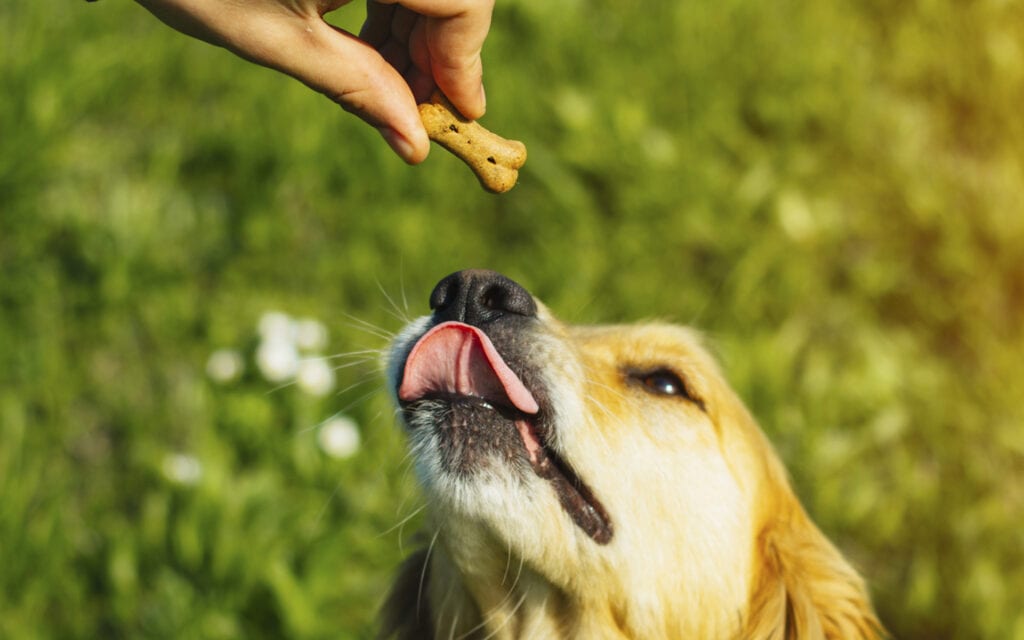
Before using the recommendable storage means for your pets’ favorite foods, you must know the right times to use or dispose of them. For that reason, you must also acknowledge that ‘Best by and Expiry dates’ are not the same.
Expiry date: The expiration date specifies when the food is no longer considered safe for consumption. You should dispose of treats that have reached or passed the specified expiration dates.
Best by date: This specifies the time duration when the pet food can still be consumed and cause no harm to the pet. The ‘Best by dates’ in treats usually vary depending on the type of preservative used.
The difference here is mainly because each preservative has its unique degradation rate. If the dog food is past the specified ‘Best by date,’ the preservative used will begin to slow down or degrade.
When this happens, it loses the ability to protect the treat from agents of destruction such as bacteria or mold. The snack will also lose its nutritional value since other micronutrients in it will also begin to degrade
Tips for Preserving Dog Treats at Home
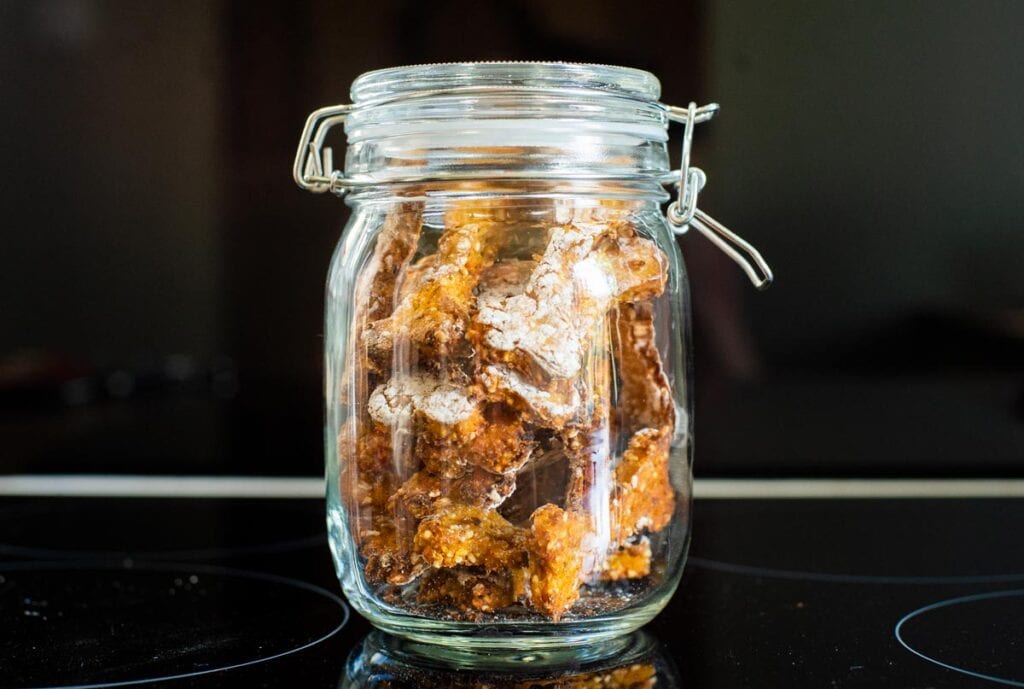
You should note that once you’ve purchased a pet treat and taken it home, chances are there; it might go bad even when it is within the specified ‘best by date.’ However, this is only more likely to happen if you ignore the manufacturer’s advice on how to store it or just store it in the wrong way.
If it was canned dog food, opening it may expose it to moisture and/or air. Once you expose it to air or moisture, harmful microorganisms such as bacteria will find an easy avenue to get into it, reproduce and multiply in numbers.
After this, it may get moldy. On the same note, if you store your dog foods in an area where the room temperature is a little high, it may get rancid—especially if made with animal fat.
Looking at the treat alone may not be enough to help you identify whether it has gone bad or is still suitable for consumption. It’s recommendable that you pay more attention to the smells or moisture coming from it.
If it has any rancid or sour odor, it is highly probable that it has gone bad. Apart from that, if you didn’t recognize this and notice that the dog suddenly loses interest in the snack, it may have gotten an awful or unfamiliar smell.
- Dry Treats: If you’ve opened a dry treats bag, it would be better to leave the remaining ones in that bag same where you bought them in. Don’t transfer the pet food to a different container. Use a chip clip to seal that bag and then store it in an airtight storage compartment. You may also keep them in the freezer to extend their shelf-life.
- Wet Treats: Wet or soft dog foods will most probably be bought in pouches or bags. Once you’ve opened one, cover it tightly and then store it in your fridge. You should use such treats within 72 hours after opening them. This is important because canning is a method of preserving treats, so it is possible that the manufacturers used minimal preservatives with it.
Tips for Preserving Homemade Dog Treats
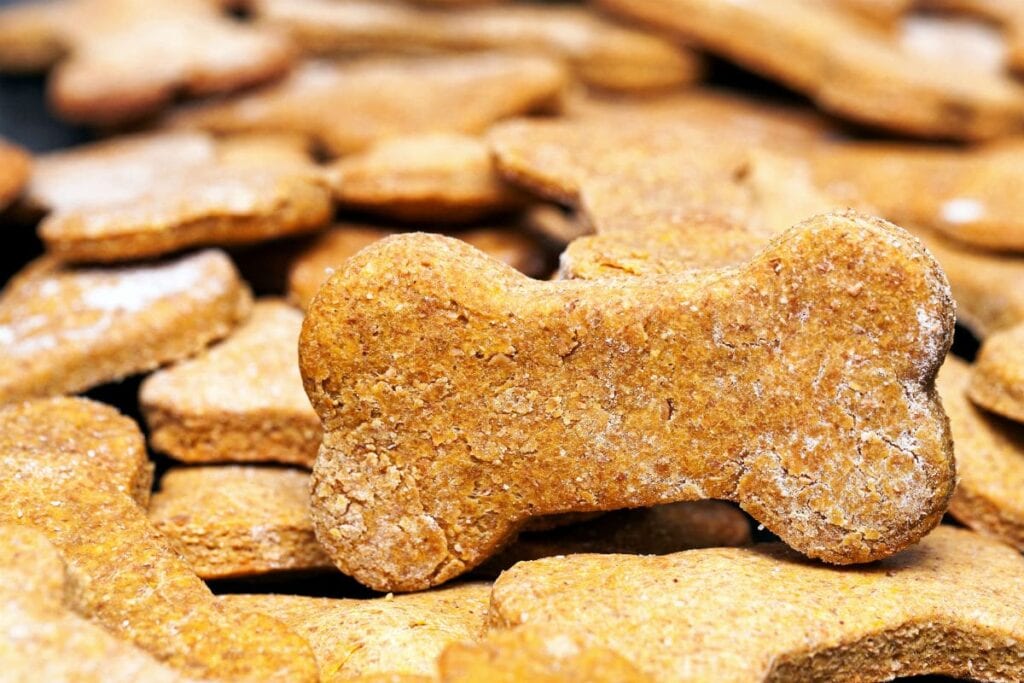
Homemade dog foods have incredibly short shelf-life. If you’re using cookies, they may not be viable for use after just 14 days if you stored them in an airtight container.
If you kept them in a freezer, the cookies might only be viable for up to 28 days. You can always use Vitamin E and C to prevent them from getting rancid.
Here are a few tips to be safe;
- Only make enough treats that you can use for two days if you’re not going to use any vegetable-based preservatives.
- Before storing the homemade dog foods, cool them completely to keep off the moisture that may make them soggy and shorten their self-life further.
- If you’ll be using meat-based pet foods, ensure that you store them in a refrigerator for three or four days. If the treats are too much and would still be available after the third day, transfer the remaining ones to a freezer.
- For baked doggie foods, store them in the refrigerator for around seven days.
In Summation
Dog treats also go bad, but you can prolong their shelf-life through proper storage. Once a pet food has passed the best before date, it would also be better to avoid giving it to your furry companion. The food may be not only nutritionally imbalanced but also poisonous.




